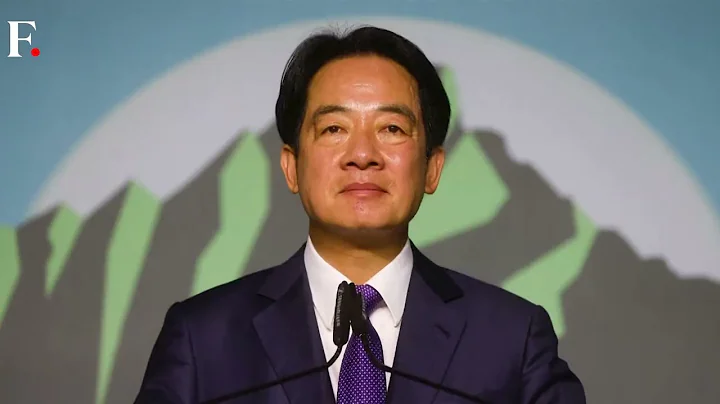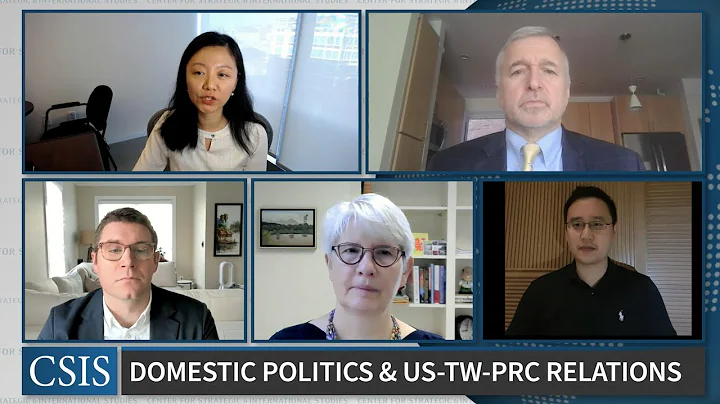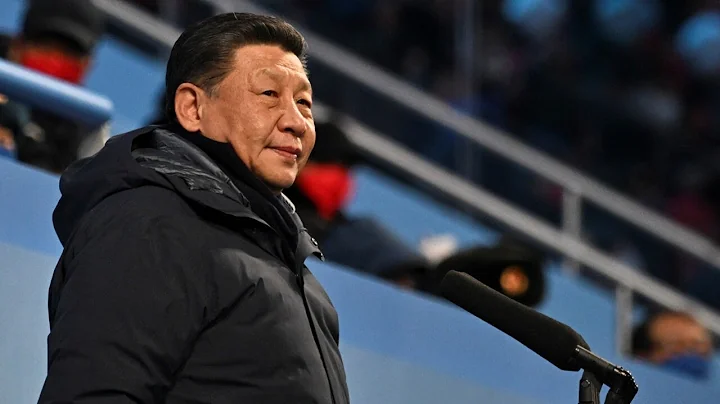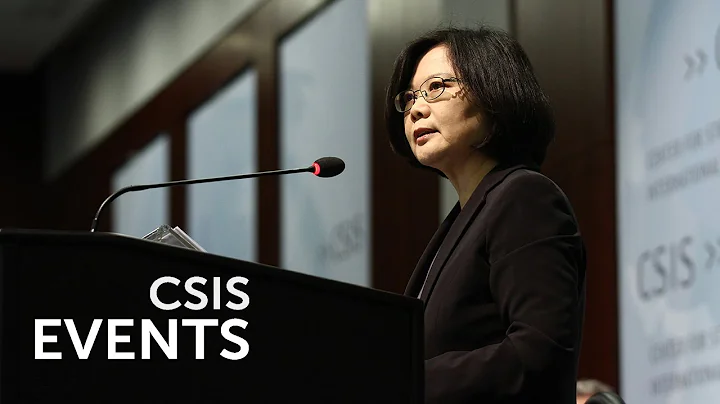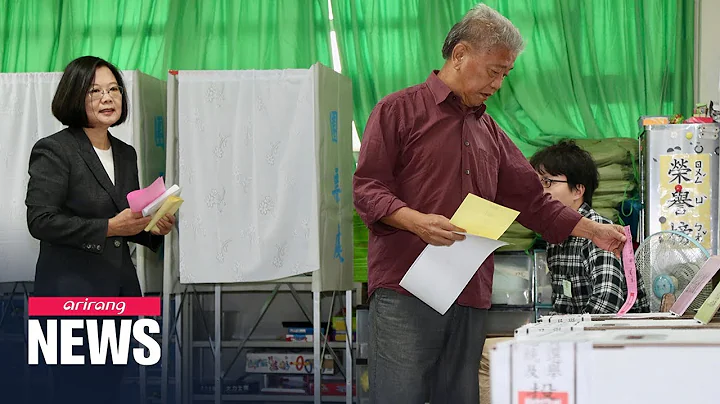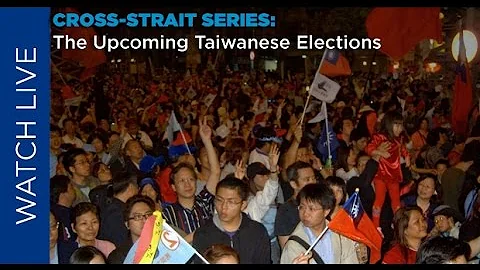Since the Democratic Progressive Party came back to power on May 20, 2016, it has refused to accept the "1992 Consensus" and continued to promote "Taiwan independence" separatist activities, posing severe challenges to China's sovereignty and territorial integrity. In order to provide legal support and expand public support for the "Taiwan independence" separatist activities, the Democratic Progressive Party authorities carefully designed the "Taiwan of the Republic of China" narrative. In response, the Global Times published a signed article by Taiwan-related scholar Wang Jian, pointing out that in fact, this is an out-and-out "Taiwan independence" argument, and it is highly confusing to the people on the island. In order to effectively respond to the challenge of "Taiwan independence" and maintain peace and stability across the Taiwan Strait, we must expose the essence and harm of the "Taiwan of the Republic of China" discourse.
From "Establishing the Republic of Taiwan" to "The Republic of China is Taiwan"
To explain the problem clearly, we might as well place the Tsai Ing-wen administration's discussion of "Taiwan, the Republic of China" in the evolution of the cross-strait policy line since the founding of the Democratic Progressive Party. mid-inspection.
As we all know, shortly after its establishment in 1986, the Democratic Progressive Party embarked on the path of seeking "Taiwan independence." Because it upholds the stance of "Taiwan independence", the DPP has always denied the one-China principle. However, in order to alleviate pressure from all aspects and to adapt to electoral needs, the DPP invented the so-called rhetoric that "Taiwan is actually independent" in the mid-1990s. The "Resolution on the Future of Taiwan" was passed, declaring that "Taiwan is a sovereign and independent country", and for the first time equating Taiwan with the "Republic of China", saying "Taiwan, although it is called Taiwan according to the current 'Constitution' 'Republic of China', but it is not affiliated with the People's Republic of China." The essence of this rhetoric is that Taiwan is a "country" with a temporary "national name" called the "Republic of China", that is, in the name of the "Republic of China", "Taiwan is a sovereign and independent 'country'". For this reason, some people call it It is a "backdoor listing".
Since then, the Democratic Progressive Party has further tied Taiwan to the "Republic of China", not only trying to "backdoor listing" the "Republic of China", but also trying to change the connotation of the "Republic of China". On October 10, 2004, Chen Shui-bian said in his "Double Ten Speech" that "the 'Republic of China' is Taiwan, and Taiwan is the 'Republic of China'." On August 2, 2005, Chen Shui-bian put forward the "four-stage theory of the Republic of China", that is, the period from 1912 to 1949 was "the Republic of China on the mainland", and the period from 1949 to 1988 Chiang Ching-kuo 's death was "the arrival of the 'Republic of China'" Taiwan", from 1988 to May 2000 when Lee Teng-hui stepped down, it was "the 'Republic of China' is in Taiwan", and after the Democratic Progressive Party came to power in 2000, it was "the 'Republic of China' is Taiwan". The term "Republic of China" has thus become a tool used by "Taiwan independence" forces to split the country and a shield against the one-China principle.

Although the Democratic Progressive Party has made up the rhetoric that "Taiwan is a sovereign and independent country called the 'Republic of China'" and "Taiwan is the 'Republic of China'", they know very well that there is no relationship between the "Republic of China" and the "Republic of Taiwan". There are profound legal differences, and it is difficult to bridge the gap between the two with just a few paragraphs of discussion. As a result, the DPP further concocted the rhetoric of "making Taiwan a 'normal country.'" In 2007, in line with Chen Shui-bian's radical "legal Taiwan independence" line, the National Congress of the Democratic Progressive Party threw out a "normal 'national' resolution" and proposed that "although Taiwan has become independent," it is an "abnormal international relationship." It is an "abnormal country" with "abnormal constitutional system" and "abnormal national identity". Only by changing these "abnormalities" can Taiwan become a truly "normal country". Therefore, it is necessary to "rectify its name" (determine the "new country name") as soon as possible. "), "constitution making" (formulation of a "new constitution"), revision of territorial boundaries, and "joining the United Nations" (joining the United Nations and other international organizations in the name of Taiwan). It can be seen from this that the DPP's use of the title "Republic of China" is just a temporary expedient, and the ultimate goal is still to establish the "Republic of Taiwan."
From "'Republic of China' is Taiwan" to "'Republic of China' Taiwan"
After the Democratic Progressive Party came back to power in May 2016, it refused to accept the "1992 Consensus", insisted on the separatist stance of "Taiwan independence", and discussed peace on both sides of the strait. Make a fuss about the title.As early as May 26, 2016, Lin Quan, then head of the administrative department of the Democratic Progressive Party, used the title "Taiwan, the Republic of China" three times in the first draft of policy guidelines submitted to the legislative body. Since 2018, Tsai Ing-wen has also used "Taiwan, the Republic of China" interchangeably with "Republic of China" and "Taiwan" in many public occasions.
Perhaps the successful re-election in Taiwan’s leader election in January this year has brought “excess confidence” to the DPP authorities, or perhaps it is deliberately using foreign media to make its intention to accelerate “Taiwan independence” known to the world. Tsai Ing-wen is accepting The British Broadcasting Corporation (BBC) said in an interview: "We have no need to declare independence because we are already an independent 'country' and we call ourselves 'Republic of China, Taiwan'". Tsai Ing-wen's remarks immediately stirred up waves. They were not only strongly opposed by the mainland, but also criticized by many people on the island.
Even so, the Tsai Ing-wen authorities not only have no intention of sounding the gong and withdrawing their troops, but have intensified the relevant discussions. It declares that "the 'Taiwan of the Republic of China' is an indispensable member of the international community," highlighting its meaning as a "sovereign country." Taiwan's "quasi-deputy leader" Lai Ching-te claimed in two interviews: "The 'Republic of China' founded in 1911 no longer exists. After more than a hundred years of history, the 'Republic of China' has been reborn in Taiwan." Scholars believe that Lai Ching-te's so-called "rebirth" actually refers to "transformation": the first layer of political transformation was the "Republic of China" after 1949, when there was only Taiwan, Penghu, Jinma and Ma. This is called "'Republic of China' in Taiwan" or "' The Republic of China 'is Taiwan' or 'the Republic of China, Taiwan'; the second layer of political skin transformation will be the path that Tsai Ing-wen will take during her second term on the road to 'de-Sinicization' and along the path of 'de jure Taiwan independence'. Because Tsai Ing-wen has clearly declared: "Taiwan is already a sovereign and independent 'country'."
"Taiwan, the Republic of China" is a deliberately packaged statement of "Taiwan independence"
The Democratic Progressive Party authorities have strengthened the argument of "Taiwan, the Republic of China". In essence, they want to cut off the relationship between Taiwan and the mainland geographically and legally, and change the fact that both sides of the Taiwan Strait belong to the same China. , is a new version of the "Taiwan independence" argument, which is very vile in nature.
First, "Taiwan, the Republic of China" and "China" are referred to together, highlighting the position of "one country on each side". The meaning of this corresponding title is, "the 'Republic of China' is Taiwan, and Taiwan is the 'Republic of China'", "China is the mainland, and the mainland is China", which is to juxtapose "China" and "the Republic of China". . The essential meaning is to position the two sides of the Taiwan Strait as "one country on each side", that is, China on one side and the "Republic of China" on the other side.
Secondly, "Taiwan, the Republic of China" is in the same vein as Lee Teng-hui's "two countries theory" and Chen Shui-bian's "one country on each side" theory. Tsai Ing-wen inherited the "Taiwan independence" line of the Li and Bian authorities' "Taiwanization of the Republic of China", further completed the transformation of the "Taiwanization of the Republic of China", and realized the "Taiwanization" of the "Republic of China" and "Taiwan" to a greater extent and extent. Combination". However, compared with the "overt Taiwan independence" during the Li and Bian periods, the Tsai administration's "hidden Taiwan independence" is more covert, often under the banner of "maintaining the status quo", giving people false impressions, and is quite confusing. deceptive.
Thirdly, the Tsai Ing-wen administration's proposal of "Taiwan, the Republic of China" does not mean that the DPP permanently accepts the "Republic of China", but only temporarily accepts it based on the strategic consideration of "Taiwan independence". Once the time is ripe in the future, it will inevitably promote the "correction of the name and constitution" and establish the so-called "Republic of Taiwan." It can be seen that the "Taiwan Consensus of the Republic of China" looks like the "Taiwan Consensus" claimed by Tsai Ing-wen, but is actually a cunning "Taiwan Independence Consensus". It is nothing more than using the name of the "Republic of China" to achieve "Taiwan independence." In this sense, "Taiwan, the Republic of China" is an exquisitely framed discussion of "Taiwan independence".
Fourthly, Tsai Ing-wen uses "Taiwan, Republic of China" as the "national title" on many occasions. According to the current regulations in Taiwan, this change needs to go through a set of strict and high-threshold legal procedures. Without legal changes, In the context of the program, where does "Taiwan, the Republic of China" come from? Where is its "source of law" and "legitimacy"? It must be pointed out that "country name + place name = new country name" is actually a major "invention" of the Tsai Ing-wen authorities. Judging from the constitutional practice around the world, there has never been a similar precedent. However, the Tsai Ing-wen authorities are well aware of this. They deliberately confuse concepts and fish in troubled waters. Their ultimate and only purpose is to smuggle "Taiwan independence" under the name of the "Republic of China".
Although the two sides of the Taiwan Strait have not yet been reunified, the history, legal principles and fact that the mainland and Taiwan belong to one China have never changed and cannot be changed. The mainland firmly opposes "Taiwan independence" separatist activities and will never allow anyone, any organization, or any political party in Taiwan to split Taiwan from China at any time or in any form. No matter how "superb" the "Taiwan independence" tactics are, they cannot escape the fate of failure in the end. (Editor: Zhao Jing)




